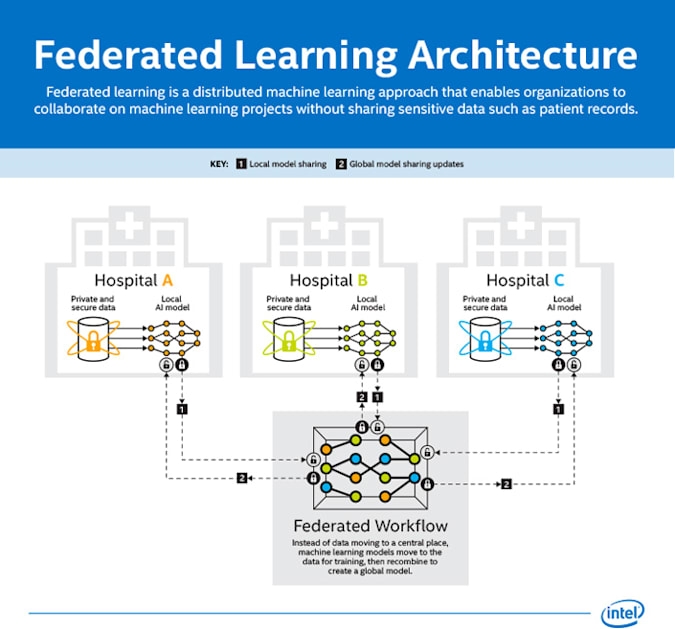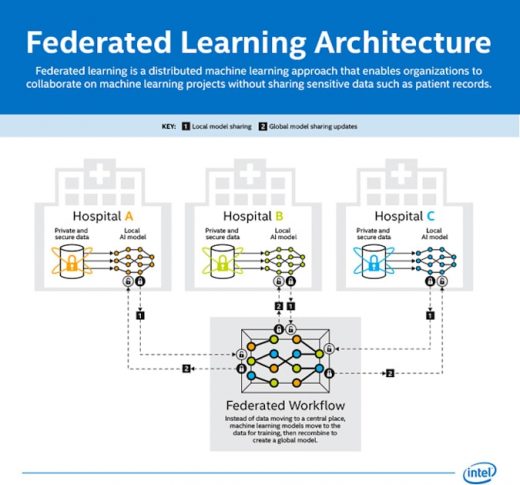IBM’s AI can predict how Parkinson’s disease may progress in individuals
Intel and Penn Medicine are developing an AI to spot brain tumors
They’ll use data from around the world while keeping patient info secure.


We’ve seen AI outperform doctors in spotting breast cancer, lung cancer and skin cancer. Now, researchers from Intel and the University of Pennsylvania are turning their attention to brain tumors. Using Intel’s AI hardware and software, Penn Medicine will lead 29 international healthcare and research institutions in creating an AI model trained on the largest brain tumor dataset ever — and will do so without sharing sensitive patient data.
The project is based on a technique called federated learning, which trains an algorithm across decentralized servers, so that hospitals can work together without actually sharing patient data. This will allow the institutions — from the US, Canada, the UK, Germany, the Netherlands, Switzerland and India — to create a much larger data set than any one institution would be able to on its own.

“AI shows great promise for the early detection of brain tumors, but it will require more data than any single medical center holds to reach its full potential,” Intel principal engineer Jason Martin said in a press release.
It’s unclear how long it might take to develop the model, but the project is being funded through a three-year, $1.2 million grant from the National Institutes of Health (NIH). According to the American Brain Tumor Association (ABTA) nearly 80,000 people will be diagnosed with a brain tumor this year — with more than 4,600 of them being children.
(17)


